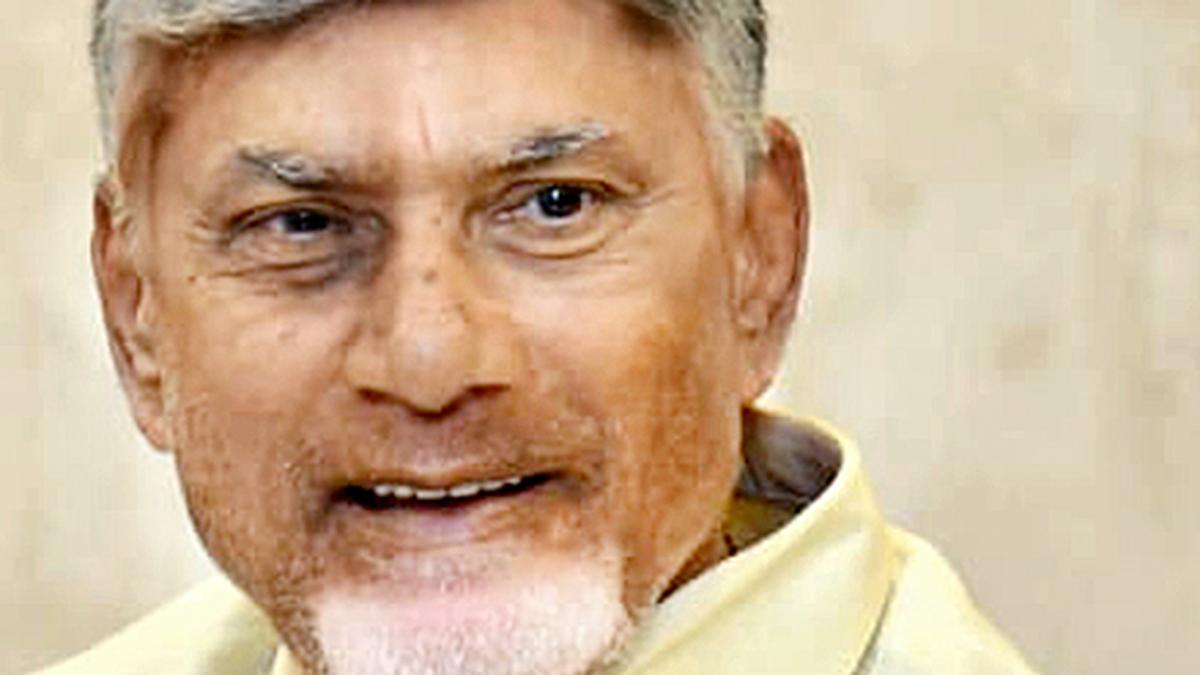ARTICLE AD BOX
Last Updated:October 17, 2025, 10:26 IST
The US Diversity Visa lottery makes up to 50,000 immigrant visas available annually for individuals who are from countries with low rates of immigration to the US.

India has been excluded from the eligibility of the US Green Card lottery till 2028 (Representative image)
Indian nationals have been excluded from the United States Diversity Visa (DV) lottery till at least 2028. The popular visa programme makes up to 50,000 immigrant visas available annually, drawn from random selection among all entries to individuals belonging to countries with low rates of immigration to the US.
This programme is also known as the Green Card Lottery. It makes up to 50,000 immigrant visas available annually, drawn from random selection among all entries to individuals who are from countries with low rates of immigration to the United States over the past five years, as per the US Citizenship and Immigration Services.
Why India Is Disqualified This Year?
The DV lottery only allows citizens from countries that have sent fewer than 50,000 immigrants to the US over the past five years. India, with its high immigration numbers, exceeds this threshold and is automatically disqualified, according to a report by Moneycontrol.com.
At least 93,450 Indians immigrated to the US in 2021, which rose to 127,010 in 2022, surpassing the total immigrants from South America (99,030), Africa (89,570), or Europe (75,610). Based on the data from the US Department of Homeland Security, in 2023, 78,070 Indians moved to the US, confirming the country’s ineligibility for the DV lottery until 2028.
China, South Korea, Canada, and Pakistan are also among the countries that have been excluded from the 2026 lottery.
What This Means?
With the Green Card Lottery now closed to Indians, permanent US immigration paths are becoming scarce. Some options include converting an H-1B work visa to permanent residency, investment-based immigration, asylum, or family sponsorship.
According to experts, US President Donald Trump’s immigration crackdown has created widespread uncertainty among both applicants and employers. The Trump administration has tightened student visa policies, expanded social media vetting and instructed diplomats to screen applicants for potential national security risks.
The US recently imposed a $100,000 fee (approx Rs 88,00,000) for H-1B visa applications, alongside a shift from the current lottery-based selection process to a wage-based system, prioritising applicants with higher salaries. Experts say this would make it more challenging for students and early-career professionals, particularly those with limited experience, to secure a foothold in the US job market.
The number of Indians visiting the US till August this year has also dropped sharply due to Trump’s restrictive policies, from 15.54 lakh in 2024 to 14.86 lakh this year, as per preliminary data from the International Trade Administration (ITA).

Aveek Banerjee is a Senior Sub Editor at News18. Based in Noida with a Master's in Global Studies, Aveek has more than three years of experience in digital media and news curation, specialising in international...Read More
Aveek Banerjee is a Senior Sub Editor at News18. Based in Noida with a Master's in Global Studies, Aveek has more than three years of experience in digital media and news curation, specialising in international...
Read More
Location :
United States of America (USA)
First Published:
October 17, 2025, 10:26 IST
News world Indians Are Not Eligible For US Green Card Lottery Till 2028. Here's Why
Disclaimer: Comments reflect users’ views, not News18’s. Please keep discussions respectful and constructive. Abusive, defamatory, or illegal comments will be removed. News18 may disable any comment at its discretion. By posting, you agree to our Terms of Use and Privacy Policy.
Read More

 23 hours ago
5
23 hours ago
5









 English (US) ·
English (US) ·